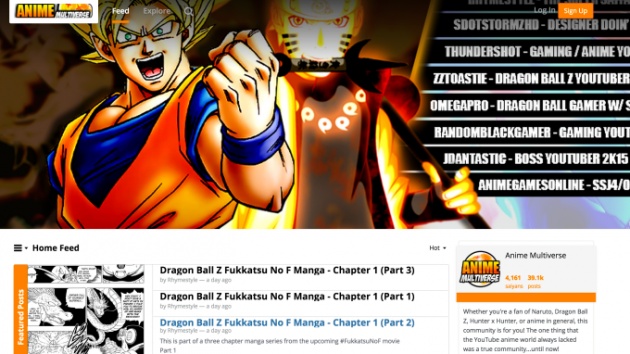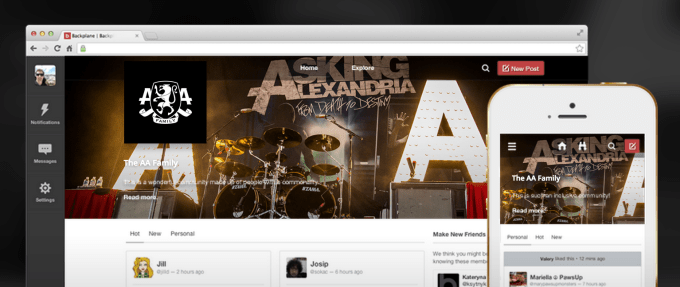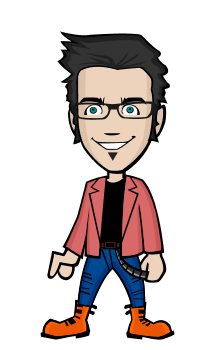
Plenty of DIY social platforms and micro-sharing tools have petered out, but that was a different time. Place is most obviously comparable to Ning, Marc Andreessen’s network builder that was acquired by Glam Media in 2011 for around $150 million. But Harrison has an eloquent rebuttal to claims that there’s no way Place can eclipse Ning and find serious traction.
He breaks it down like this:
- Ning was built in the pre-mobile era, but social networks flourish on phones
- Ning emerged when Facebook was cool and growing like crazy, but now people think Facebook is crowded and crave more intimate ways to connect
- Ning’s siloed, niche sites couldn’t stand on their own, but Place ties them together for an experience that encompasses multiple interests and graphs
Those points all explain how Facebook Groups has blown up recently, and now reaches 700 million users per month. But the problem with Facebook is you play by its rules and its name comes first. “Brands we work with a feel like they’re trapped in their Facebook,” Harrison said.
The “Anime Multiverse” Place
For many normal people, Facebook Groups don’t serve their needs because you can’t charge or earn money with them. “You wouldn’t believe how many groups just need to collect dues,” Harrison said. From ski houses to fan clubs to role-playing clans, getting people to cough up the cash can be a chore if payment isn’t tied to content access. Place wants to fix this.
The idea is to equip admins with monetization tools and take a small cut. An intramural sports team could cover its league costs by charging a yearly subscription to be a part of their Place. A band could gate a special fan club sub-group behind a monthly fee. Or a private Minecraft community could offset their server costs with Place membership money.
And if an admin wants to earn money without charging, Place plans to let them show ads and earn a revenue share. Harrison jokes “We like to pick on Ello” the flash-in-the-pan ad-free social network. “I love their manifesto, ‘you’re not an ad!’ but I think they have it completely wrong. What’s wrong isn’t that there are ads [on Facebook], it’s that you don’t decide that.”




